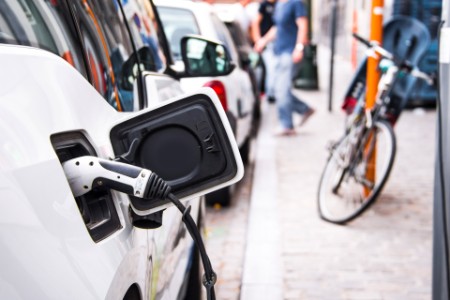Call to action for governments
The time to act is now. As the world accelerates towards electric mobility, governments, including the Belgian government, must proactively address the challenges posed by declining fuel tax revenues and develop innovative solutions to sustain their financial stability and meet evolving transportation and environmental objectives. This can be done by:
1. Track the uptake of EVs
Monitor the adoption rates of electric vehicles and anticipate a potential terminal decline in fuel tax revenues.
2. Plan for a fuel tax replacement mechanism
Consider broader transport policy goals, public acceptance, implementation processes, and available technologies when developing a new taxation system.
3. Shift to energy content-based taxation
Transition from traditional volume-based taxation to a forthcoming energy content-based mechanism.
4. Embrace the 'user pays' principle
Link charges to the use of the road network, ensuring fair contributions from road users.
5. Fairly frame road usage costs
Explore options to equitably frame the cost of road usage in the form of taxes or fees.
6. Anticipate user behavior
Evaluate the potential impact of future taxation approaches on EV adoption and other transport policy goals by understanding and anticipating user behavior.
7. Engage all stakeholders
Involve all relevant stakeholders and deliberate on multiple perspectives to move forward in a coherent and informed manner.



